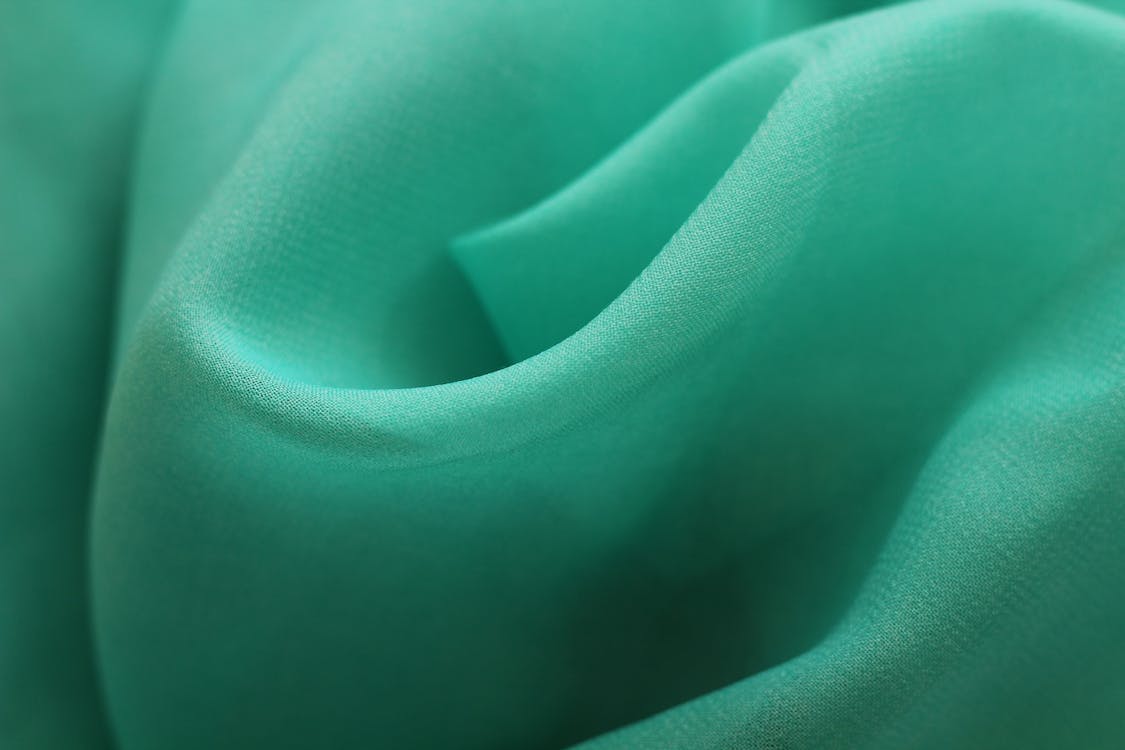
FAQ About Differences in Polyester
Is polyester suitable for sensitive skin?
Polyester may not be the most suitable option for individuals with sensitive skin, as it can potentially cause discomfort or irritation in some cases. Here are a few reasons why polyester might not be ideal for sensitive skin:
- Lack of Breathability: Polyester is not as breathable as natural fibers like cotton or linen. It does not allow for efficient air circulation, which can lead to trapped heat and moisture against the skin. This can cause discomfort, especially for individuals with sensitive or easily irritated skin.
- Irritation Potential: Some people may experience skin irritation or itching when in direct contact with polyester fabrics. The synthetic nature of polyester, along with its smooth texture, can create friction against the skin, leading to irritation for individuals with sensitive skin.
- Sensitivity to Chemicals: Polyester production involves the use of various chemicals, including dyes, finishes, and flame retardants. Some individuals may have sensitivities or allergies to these chemicals, which can result in skin irritation or allergic reactions when in contact with polyester fabrics.
- Lack of Moisture Absorption: Polyester is hydrophobic, meaning it does not absorb moisture easily. This can lead to a feeling of dampness or discomfort when perspiration is not efficiently absorbed and evaporated from the skin.
If you have sensitive skin, you may want to consider alternative fabric options that are known for their skin-friendly properties. Natural fibers like organic cotton, bamboo, or linen are often recommended for individuals with sensitive skin, as they tend to be more breathable, softer, and less likely to cause irritation.
Additionally, seeking out clothing labeled as hypoallergenic or made specifically for sensitive skin can be beneficial. These garments are often made with attention to the materials used and the absence of harsh chemicals that could trigger skin reactions.
Remember that sensitivity to fabrics can vary from person to person, so it's important to pay attention to your own skin's reactions and preferences. Consider trying out different fabrics and observing how your skin responds to find the most suitable options for your individual needs.
